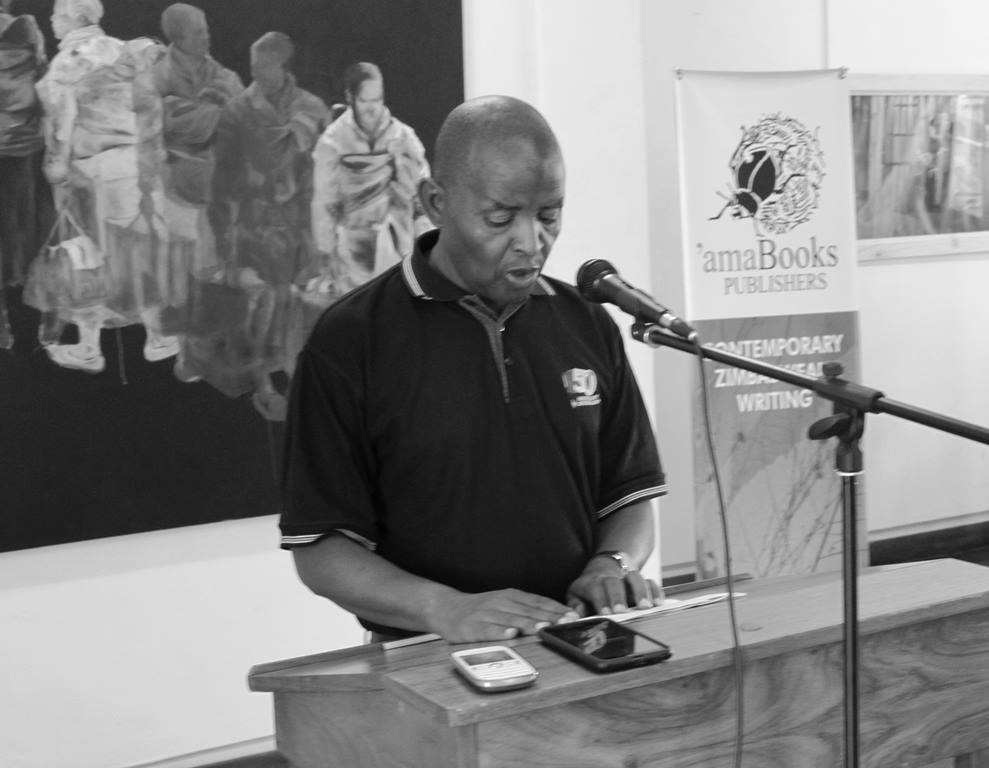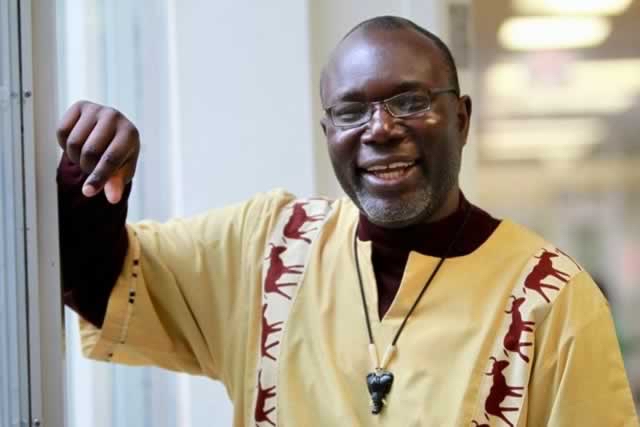
Thursday, August 20, 2009
Silent Cry: Echoes of Young Zimbabwe Voices available outside Zimbabwe

Saturday, August 15, 2009
The Contribution of John Eppel and Julius Chingono to Human Rights Recognised


The work of Zimbabwean poets John Eppel and Julius Chingono has been recognized by the inclusion of their work in Fire in the Soul: 100 Poems for Human Rights, published by New Internationalist, with the support of Amnesty International. There are a hundred poems from a hundred different poets from across the world, published from the beginning of the twentieth century until today. Other poets featured in the collection include Ken Saro-Wiwa, Margaret Atwood, Rita Ann Higgins, Luis Enrique Mejía Godoy and Pablo Neruda. The Director of Amnesty International UK, Kate Allen says that ‘these poems have grown out of horrifying circumstances, yet they succeed in being a heart-warming testament to the resilience and creativity of the human spirit.’
Sunday, August 9, 2009
Enjoying Long Time Coming: Emmanuel Sigauke

So these short writings from Zimbabwe are really short, the length of the standard flash fiction, snippets of life in contemporary Zimbabwe. We have Petina Gappah writing about a dying bridegroom, a story that wows you with its humour and musicality, but sends you to tears with the grimness of its subject; Ignatius Mabasa, writing about a man who has forgotten his name in "Some Kind of Madness", a story that echoes Charles Mungoshi, but retains Mabasa's signature treatment of the theme of madness; there is the expected Chris Mlalazi (he has an intrusive voice that will uncover the filth and beauty of Bulawayo in a sweep of fast-paced prose; in most of his stories people are always running, long-bladed knives are brandished, and he will describe braai in a way that makes you think of firing up the grill); Thabisani Ndlovu is searing in "Stampede", a satirical voice that stings (first there is pain, then there is more pain, but still, there is laughter, albeit bitter laughter).
Two Batswana writers compassionately deal with the subject of Zimbabwean immigration; in one story a Zimbabwean wife-turned-breadwinner-and-carer of her husband resorts to prostitution in Botswana to get whatever money she can, but most importantly to afford medication for her husband back home; John Eppel, one of the most prolific writers of Zimbabwe, graphically portrays the subject of Murambatsvina in "The Award Ceremony"; as in most of Eppel's poetry and fiction, there is a no-holds-barred treatment of the politics of the country.
Brian Chikwava treats us to a story dealing with a truant boarding school boy who tells fiction to avoid punishment; you read and you know what he is doing, you know where the story is going, but you read on because you can't believe how funny the story, in its simple way, is.
This is not a review, of course, but I will say that in some of the stories ("Bus Fare", "The Chicken Bus", "Arrested Development", and others), the emotion driving the story is so strong that the craft is sacrificed, but, in most cases, the reader does not complain - the joy is in reading the story of Zimbabwe told from different angles, and in realising that it's one story these writers are sharing, the connective tissue that enables a volume like Long Time Coming, which for me, is a way to understand what really happened?


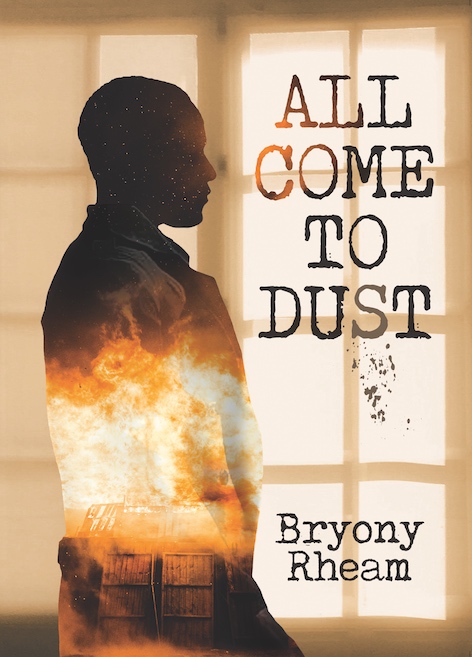
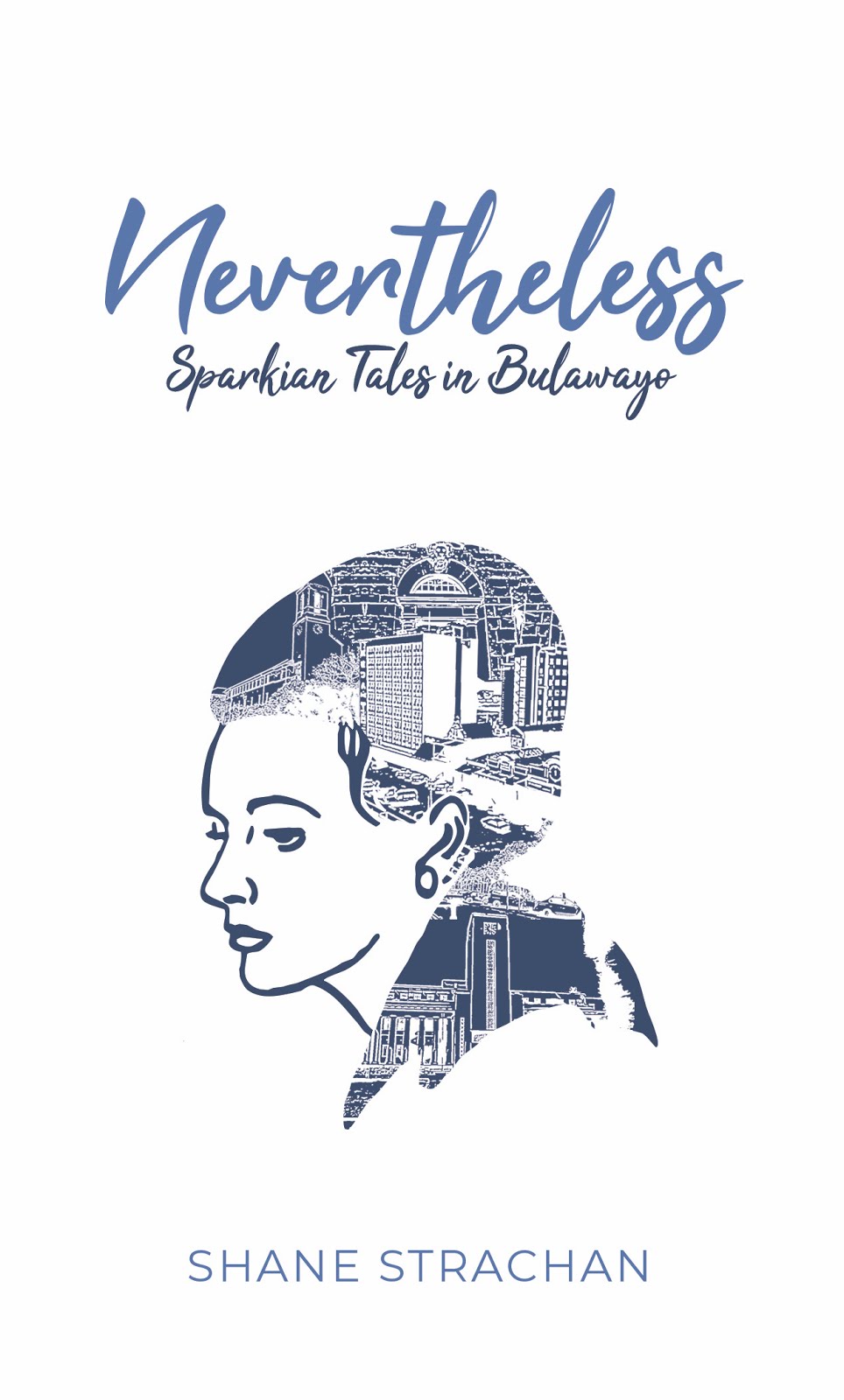





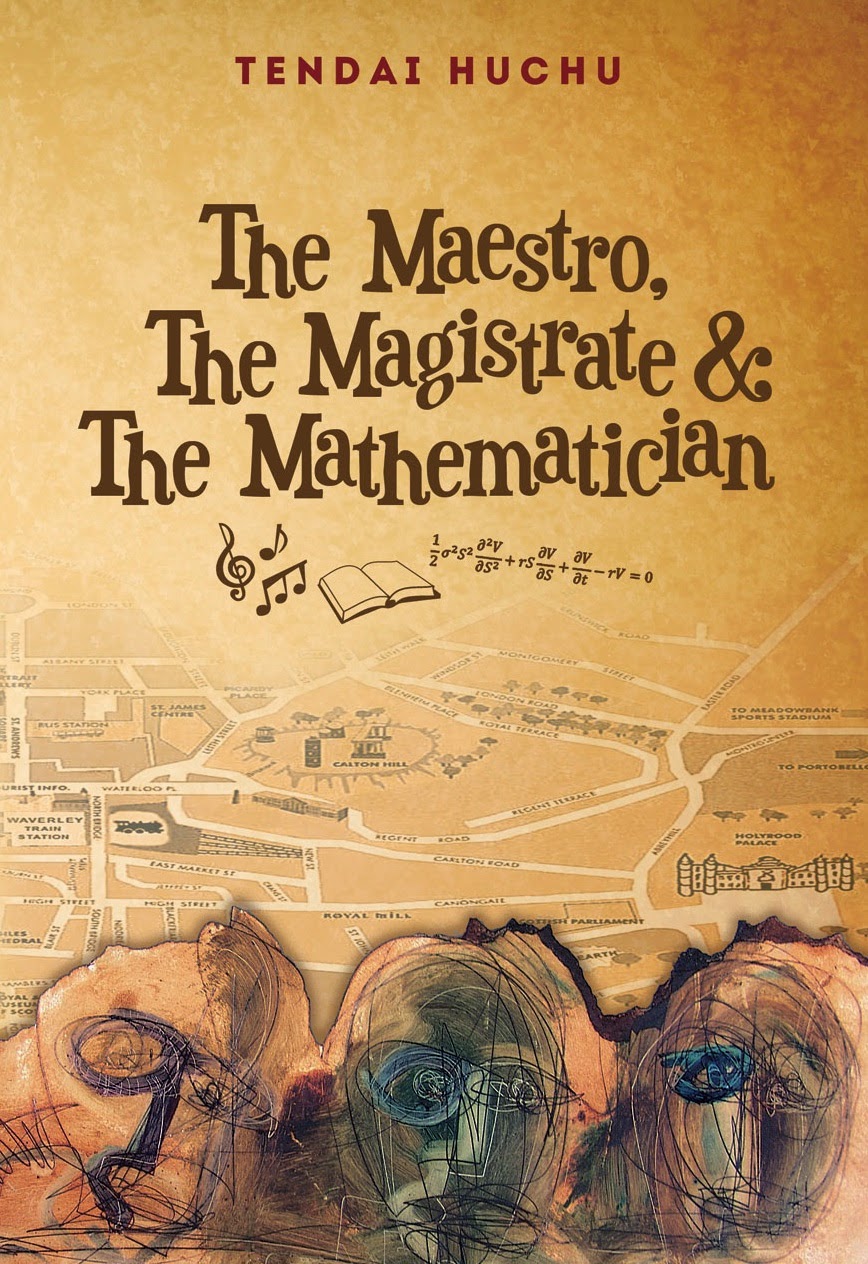
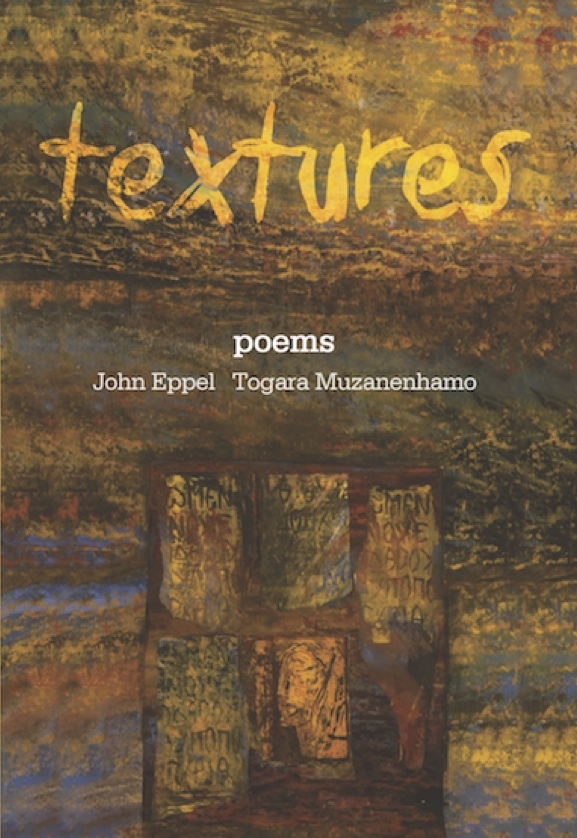
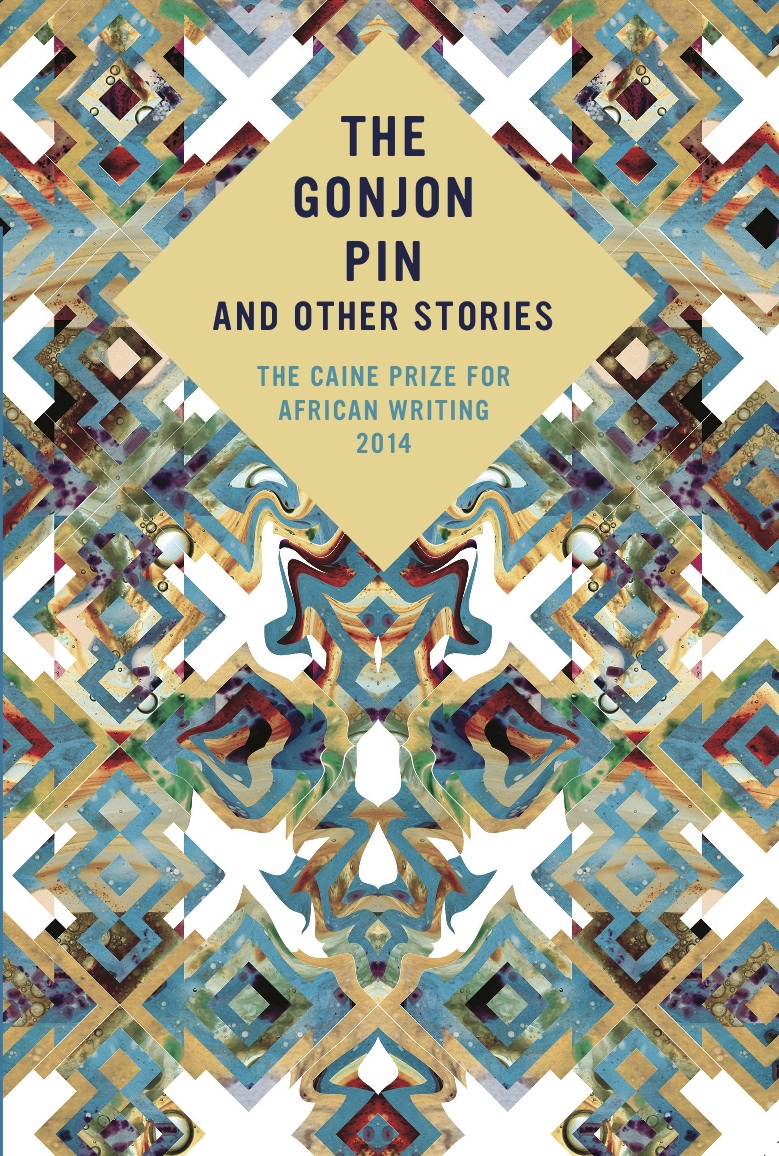
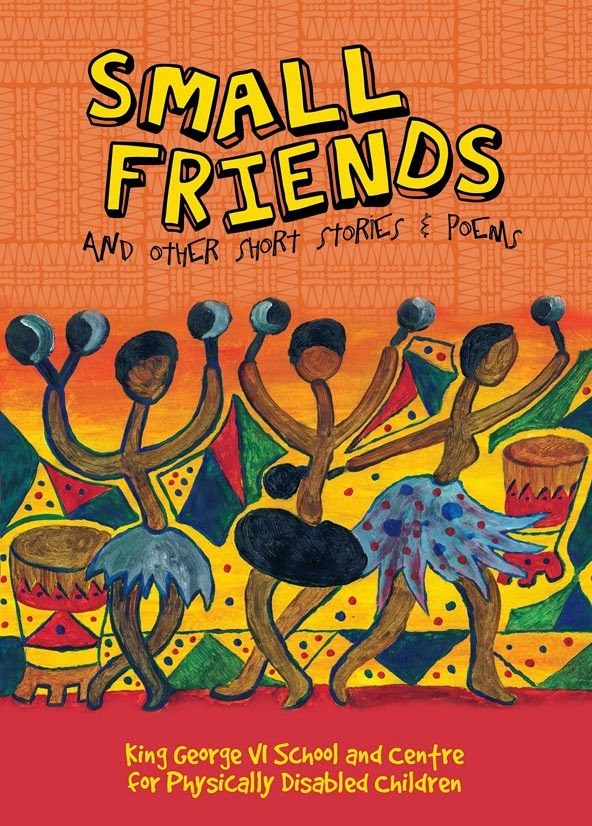
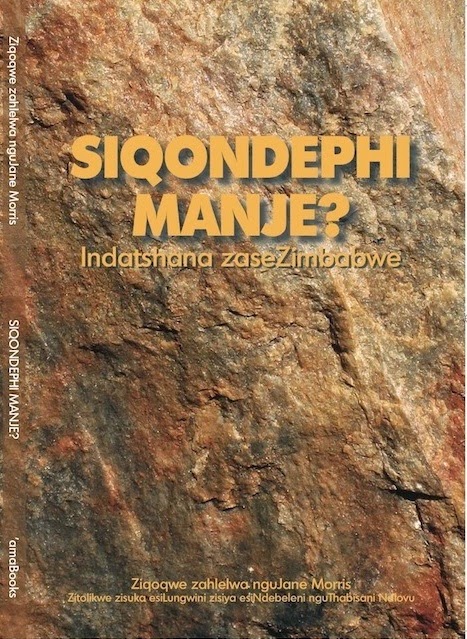
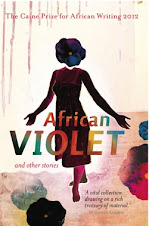

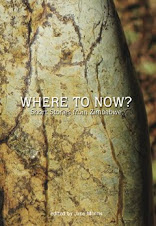
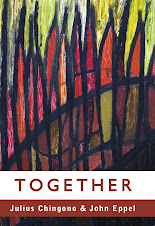
.jpg)

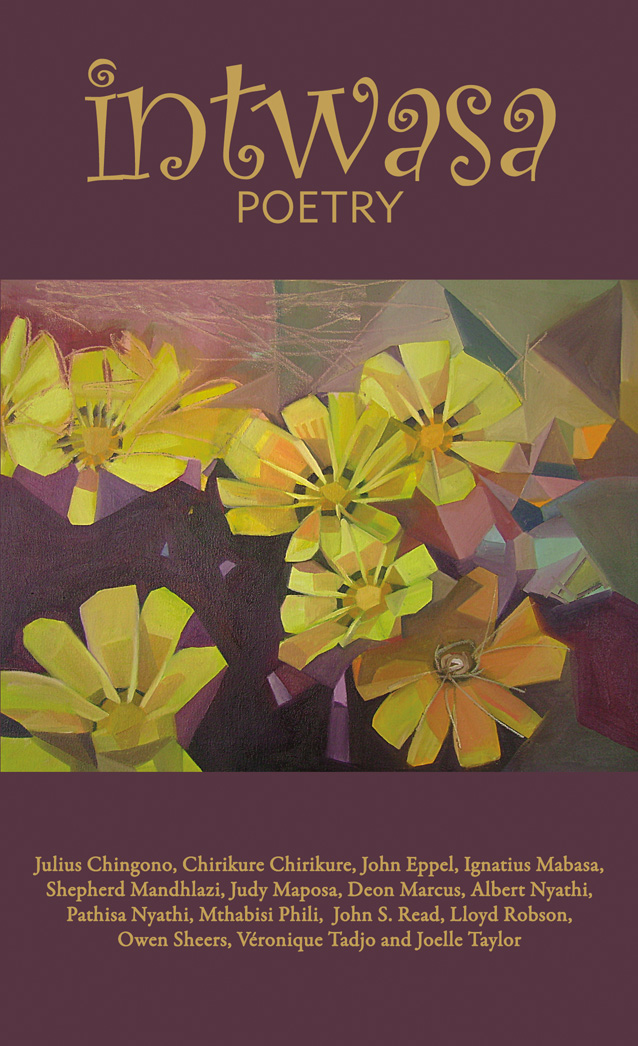


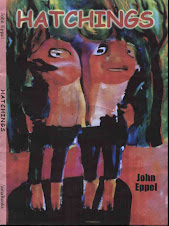













.jpg)











